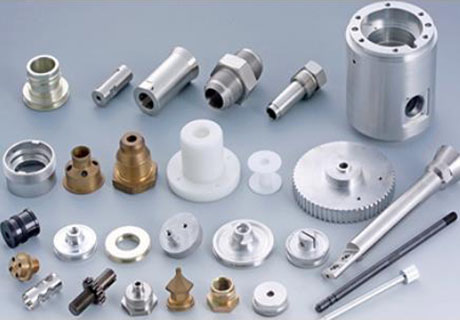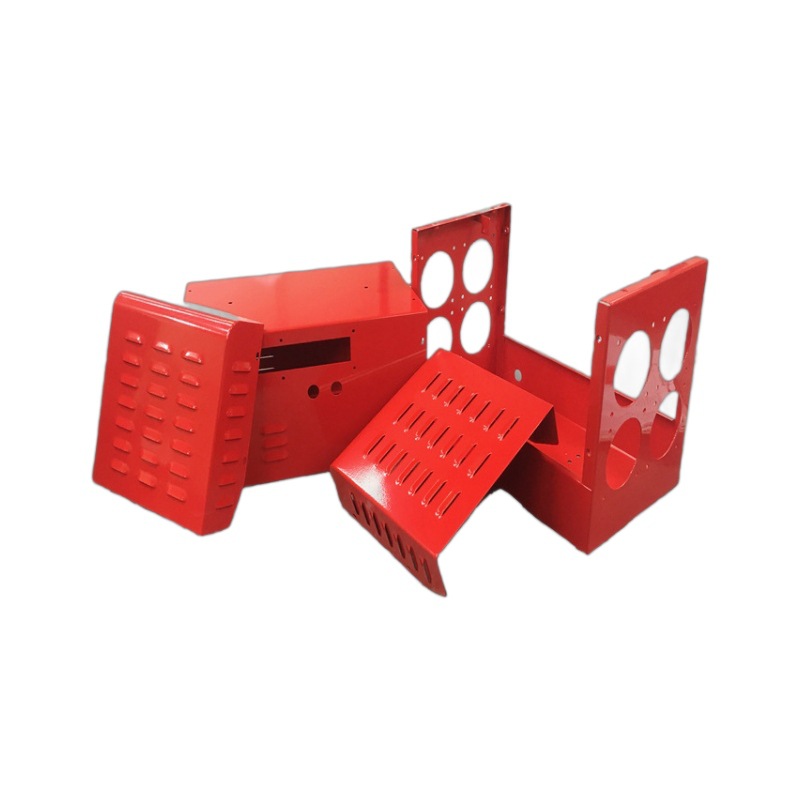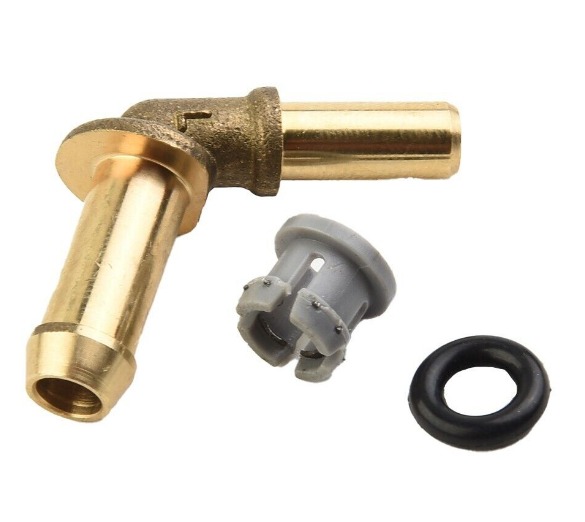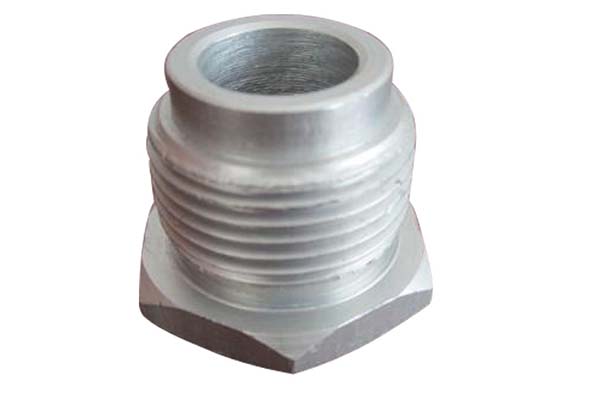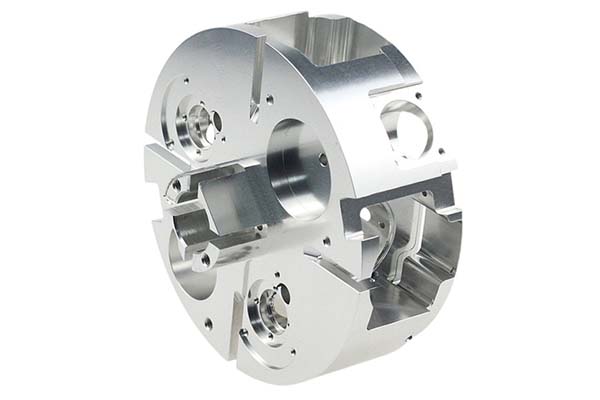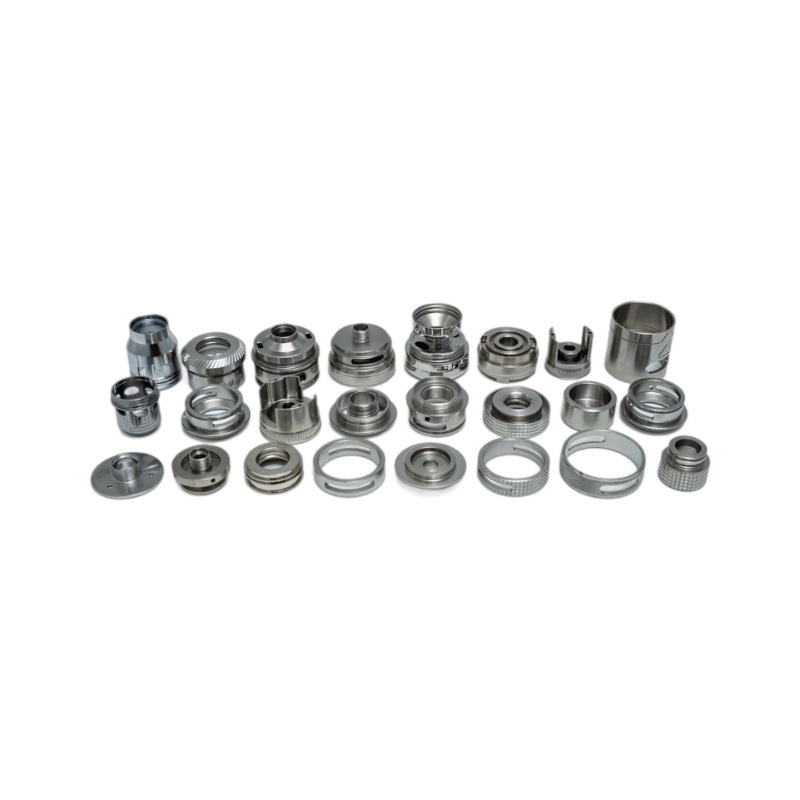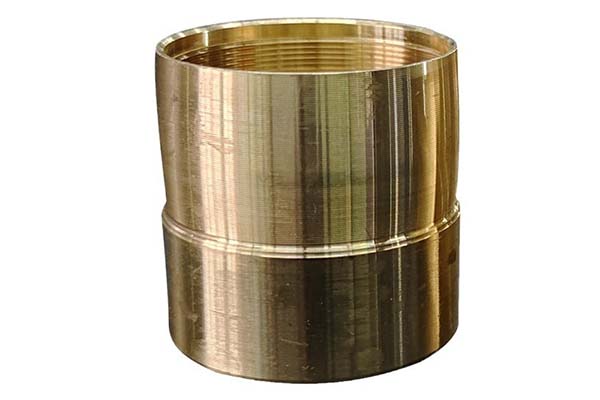Understanding the Machining Service Landscape in China
China has emerged as a global powerhouse in the machining service industry, and for good reason. In 2024, China's mechanical processing industry output value reached an impressive 10 trillion yuan, with a year - on - year growth rate of 8.5% according to the National Bureau of Statistics. It's predicted to reach 12 trillion yuan in 2025, with an annual compound growth rate of about 6.5%. This growth is fueled by a combination of factors, from its large - scale manufacturing base to continuous technological innovation.
The country has a vast and diverse machining service sector, covering a wide range of processes such as CNC machining, precision casting, sheet metal fabrication, and injection molding. The industry is home to a large number of manufacturers, from small and medium - sized enterprises (SMEs) that offer cost - effective solutions for basic machining needs to large - scale enterprises with advanced facilities capable of handling high - precision and complex projects.
One of the key advantages of China's machining service industry is its well - developed industrial clusters. Regions like the Yangtze River Delta (including cities like Shanghai, Suzhou, and Ningbo), the Pearl River Delta (led by Guangzhou and Shenzhen), and the Bohai Rim region (featuring Beijing, Tianjin, and Qingdao) have become hotspots for machining services. These clusters offer a high concentration of suppliers, skilled labor, and research institutions, which in turn promotes efficient supply chain management, knowledge sharing, and cost - effective production.
In addition, China's machining service industry is at the forefront of technological innovation. The application of advanced technologies such as artificial intelligence, industrial Internet, and 3D printing is on the rise. For Yigu Technology example, many modern machining factories in China are equipped with high - precision CNC machines that can achieve micron - level accuracy. These technological advancements not only improve production efficiency but also enable the production of more complex and high - quality parts, meeting the demanding requirements of industries like aerospace, automotive, and medical device manufacturing.
However, with such a large number of players in the market, the quality and capabilities of China machining service providers can vary significantly. This is why choosing the right partner is of utmost importance for businesses. A reliable machining service provider can ensure high - quality products, on - time delivery, and cost - effective solutions, while a wrong choice may lead to quality issues, production delays, and increased costs.
Key Factors to Consider
When choosing a China machining service provider, several key factors need to be carefully evaluated. Each of these factors plays a crucial role in ensuring that your business receives high - quality products, cost - effective solutions, and timely deliveries.
Quality Assurance
Quality should be at the top of your priority list. A reliable machining service provider will have a comprehensive quality control process in place. This typically includes in - process inspections at various stages of production. For Yigu Technology example, during CNC machining, the dimensions of the part are checked after rough machining and again after finish machining to ensure that they meet the specified tolerances.
Certification standards are also an important indicator of a supplier's commitment to quality. ISO 9001 is a globally recognized standard for quality management systems. Suppliers with ISO 9001 certification have demonstrated that they have established processes for quality planning, control, assurance, and improvement. According to a survey, 80% of high - quality machining service providers in China are ISO 9001 certified. For instance, XYZ Machining Company, a leading provider in Shenzhen, strictly adheres to ISO 9001 standards. They conduct regular internal audits and management reviews to continuously improve their quality management system, resulting in a defect rate of less than 0.5% in their finished products.
Cost - effectiveness
Cost is another significant factor. The cost of machining services is composed of several elements. Raw material costs can vary depending on the type of material used, such as aluminum, steel, or titanium. For example, titanium is more expensive than aluminum due to its unique properties like high strength - to - weight ratio and corrosion resistance. Labor costs in China also play a role, but the country's large labor force and efficient manufacturing processes often result in competitive labor rates compared to many Western countries. Equipment costs are also factored into the price, as modern and advanced machinery is required for high - precision machining.
Different suppliers may have different price strategies. Some may offer lower prices by using lower - quality materials or less - skilled labor, while others may charge more but provide higher - quality products and better services. It's important to compare quotes from multiple suppliers, but also to consider the overall value. To control costs, businesses can consider strategies like negotiating long - term contracts with suppliers. This can often result in volume discounts. Another approach is to optimize the design of the parts to reduce machining complexity, which in turn can lower production costs.
Production Capacity and Lead Time
The production capacity of a machining service provider is essential, especially if you have large - scale orders. A well - equipped provider will have a range of production equipment, such as multiple CNC machining centers, lathes, and milling machines. For example, ABC Manufacturing in Shanghai has 50 high - precision CNC machines, which allows them to produce up to 10,000 parts per month for a particular product line.
Lead time is also crucial. A good supplier should be able to provide reasonable lead times without sacrificing quality. Some suppliers may use advanced production planning and scheduling software to optimize their production processes and reduce lead times. The following table shows a comparison of the production capacity and lead time of three different machining service providers:
| Supplier | Monthly Production Capacity (Parts) | Average Lead Time for Small Orders (Days) | Average Lead Time for Large Orders (Days) |
| Supplier A | 5,000 | 7 | 15 |
| Supplier B | 8,000 | 5 | 12 |
| Supplier C | 12,000 | 6 | 10 |
As you can see, Supplier C has the highest production capacity and relatively short lead times, which may be more suitable for large - scale and time - sensitive projects.
Technical Expertise and Equipment
Advanced processing equipment is a must for high - quality machining. CNC machines, especially those with multi - axis capabilities (such as 5 - axis CNC machines), can produce complex parts with high precision. These machines can perform multiple operations in a single setup, reducing errors and improving production efficiency. For Yigu Technology example, they can machine parts with curved surfaces and intricate geometries that would be difficult or impossible to achieve with traditional machining methods.
In addition to equipment, the technical expertise of the supplier's team is equally important. Skilled engineers and technicians can handle complex machining problems. For instance, when faced with a part that requires tight tolerances and complex internal features, a team with expertise in machining techniques like EDM (Electrical Discharge Machining) can find solutions to ensure the part meets the specifications.
Reputation and Customer Reviews
A supplier's reputation can tell you a lot about their reliability and the quality of their services. You can research their reputation through various channels. Online platforms like Alibaba, Made - in - China, and industry - specific review websites often have customer reviews and ratings. Industry forums are also great places to gather information. For example, on the MachiningTalk forum, manufacturers share their experiences with different machining service providers in China.
Real customer reviews can provide valuable insights. One customer of DEF Machining commented, "We've been working with DEF Machining for the past two years. Their quality is top - notch, and they always meet our tight deadlines. The communication with their team is also excellent, and they are very responsive to any questions or concerns we have." Such positive reviews can give you confidence in choosing a particular supplier.
Yigu Technology's Perspective
As a non - standard plastic and metal products custom supplier, Yigu Technology attaches great importance to several aspects when choosing a machining service provider.
Material compatibility is crucial. Different materials have unique properties, and they must work well with the intended application and other components in the final product. For instance, when dealing with plastic - metal combinations, the coefficient of thermal expansion of the two materials needs to be considered. If they expand and contract at different rates during temperature changes, it can lead to stress and potential failure of the product.
Process matching is another key point. The machining processes should be tailored to the product design and material. For non - standard plastic products, injection molding might be a great option for mass - production of complex - shaped parts. But for small - batch production or parts with very high precision requirements, CNC machining could be more suitable. At Yigu Technology, we always ensure that the chosen machining service provider has a deep understanding of these aspects and can offer the most appropriate solutions for our projects.
FAQs
Q1: How can I verify the quality of a machining service provider in China?
You can verify the quality by checking their certification standards, such as ISO 9001. A visit to the factory, if possible, allows you to observe their production processes and quality control measures firsthand. Requesting samples of their previous work is also a great way. Test these samples thoroughly for dimensions, surface finish, and material integrity to assess the quality of their machining capabilities.
Q2: What are the common payment terms when working with Chinese machining service providers?
Common payment terms include a certain percentage (usually 30% - 50%) as a down - payment in advance. The remaining balance, or 尾款,is paid upon the completion of production or after the goods pass inspection. Letters of credit are also popular, especially for large - value transactions. The advantage of a down - payment is that it shows the buyer's commitment, while the letter of credit provides security for both parties. However, a down - payment may pose a financial risk for the buyer if the supplier fails to deliver, and letters of credit involve bank fees and complex procedures.
Q3: How do I handle communication barriers with a Chinese machining service provider?
First, make use of translation tools like Google Translate for basic communication. It can quickly translate messages, emails, and product specifications. Designating a bilingual liaison person, either on your side or the supplier's, can also ensure smooth communication. If possible, conduct face - to - face meetings with the help of a professional interpreter. This allows for more in - depth discussions and immediate clarification of any misunderstandings.

